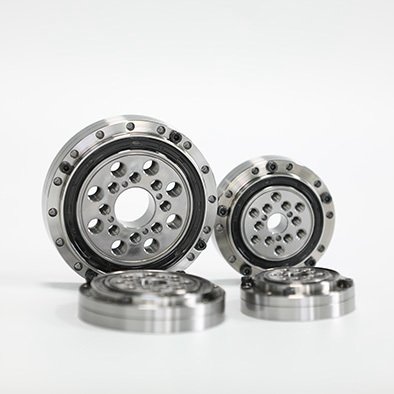In today’s high-speed world of manufacturing, robotics, automation, and industrial machinery, the smallest components often play the biggest roles. One such critical component is the precision bearing—a technology that supports rotational motion while minimizing friction, enabling machines to perform flawlessly under extreme conditions.
At the heart of innovation and engineering excellence, precision bearing solutions have become the backbone of many high-performance industries. Whether you’re building CNC machines, aerospace systems, medical instruments, or automotive drivetrains, the quality and accuracy of your bearing can mean the difference between efficiency and downtime, or between flawless operation and mechanical failure.
A true precision bearing is not just about tight tolerances. It’s about consistency, endurance, and smooth motion that supports increasingly complex mechanical systems. Designed to offer high accuracy, repeatability, and extended service life, these bearings are engineered for applications where failure is not an option.
So, what makes a precision bearing stand out?
1. Superior Materials and Heat Treatment
Precision bearings are made from high-quality steel alloys or ceramic hybrids that offer superior hardness, wear resistance, and dimensional stability. Heat treatments and surface finishing further enhance their fatigue life, enabling them to operate at high speeds with minimal wear.
2. Tight Tolerances for High Accuracy
Unlike standard bearings, precision bearings are manufactured to tighter tolerances. This ensures minimal play, lower vibration, and greater control over shaft rotation. Whether in semiconductor equipment or precision surgical tools, this level of control is vital.
3. Performance in Demanding Environments
Precision bearings are designed to withstand extreme environments—high temperatures, vacuum chambers, corrosive atmospheres, or cleanroom conditions. Their ability to operate in these environments without degradation is critical to many mission-critical applications.
4. Smooth Operation with Minimal Friction
Low-friction operation reduces energy loss, heat generation, and noise, leading to more efficient systems. This is particularly important in electric vehicles, wind turbines, and robotic joints where energy efficiency directly impacts performance and cost.
5. Customization for Specialized Applications
Leading bearing manufacturers offer customized precision bearing solutions tailored to unique industry needs. From unique geometries to specialized coatings and seals, customization allows clients to optimize performance for specific applications.
Whether you’re building the next generation of industrial robots or maintaining ultra-high-speed spindles in manufacturing, selecting the right precision bearing is a strategic investment. High-quality bearings not only enhance performance but also reduce maintenance costs and extend equipment life.
As industries continue to evolve toward higher efficiency, greater accuracy, and smarter systems, precision bearing technology will remain a foundational element in mechanical innovation. Engineers and designers who prioritize the quality of their bearings set themselves apart in the race for reliability and competitive advantage.
By choosing a trusted manufacturer with decades of experience, global certifications, and a deep understanding of engineering standards, you ensure your systems stay reliable—no matter how demanding the task.
In conclusion, the role of the precision bearing goes beyond rotation. It’s a critical enabler of performance, endurance, and precision in a rapidly advancing world. Whether in aerospace, automation, or medical technologies, this small but mighty component continues to drive some of the world’s most impressive innovations.
